The speed of evolution for the biopharmaceutical portfolio continues to increase with new therapeutic modalities and novel manufacturing technologies, creating a training and learning challenge. The US urgently requires engineers and scientists with the multidisciplinary CMC skills required to develop and demonstrate the next generations of biomanufacturing processes. Further, hands-on training in these skills is cost- and time-intensive.
The implementation of a Digital Twin allows successful scale-up, implementation and operation to satisfy stringent clinical and regulatory requirements, while ensuring appropriate business and cost structures.
OUTPUTS
Blended training resources created using video, animation, and virtual reality. These modules will engage students in online courses while providing a simulated hands-on experience.
A HakoBio platform builds a Digital Twin for one upstream operation (rocker bioreactor) and one downstream operation (tangential flow filtration/TFF) as proof-of-concept.
Login to the NIIMBL member portal to access more, including:
Not yet a member? Learn more about which level of NIIMBL membership is right for you and your organization.
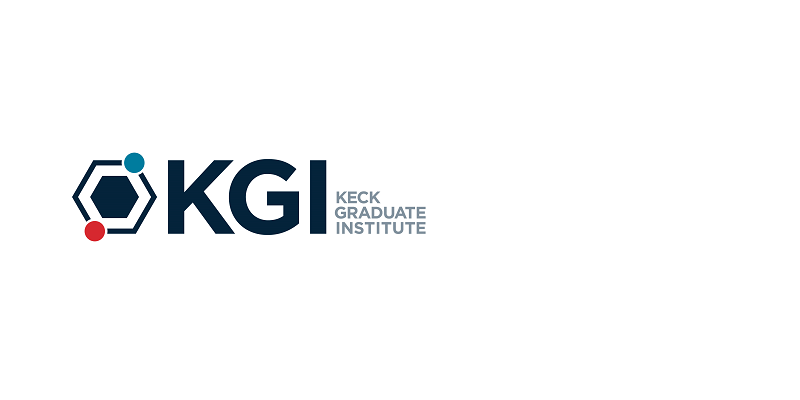
Keck Graduate Institute
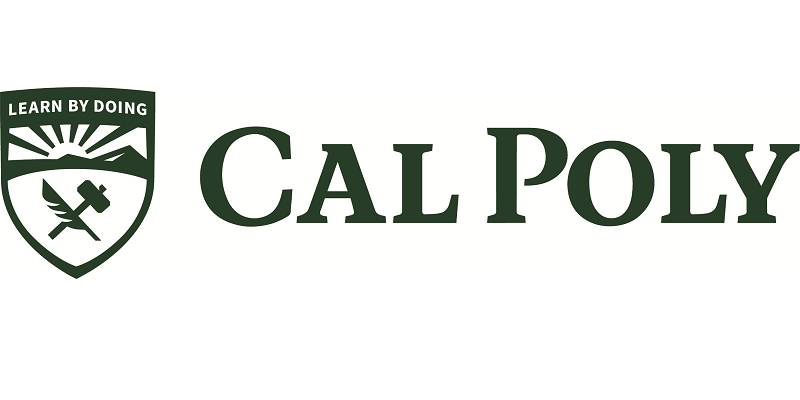
California Polytechnic State University
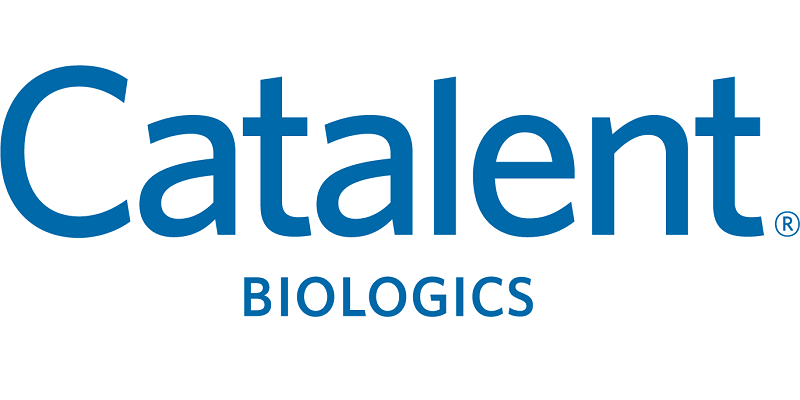
Catalent Pharma Solutions, LLC
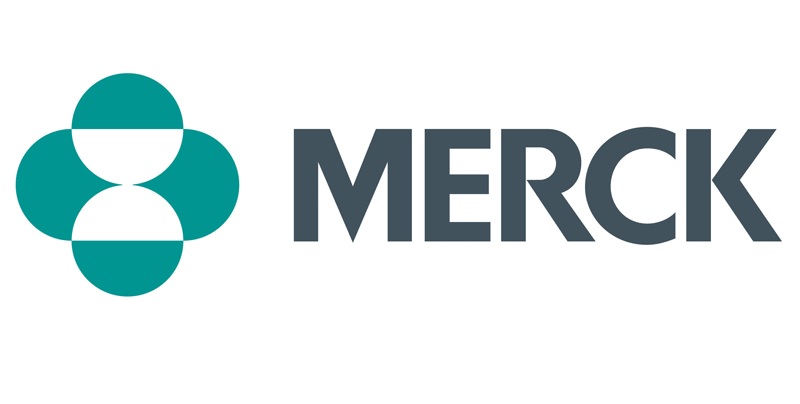
Merck Sharp & Dohme LLC
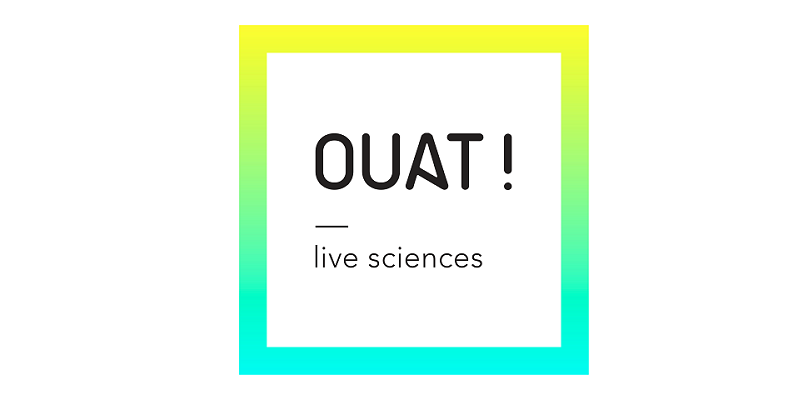
OUAT!
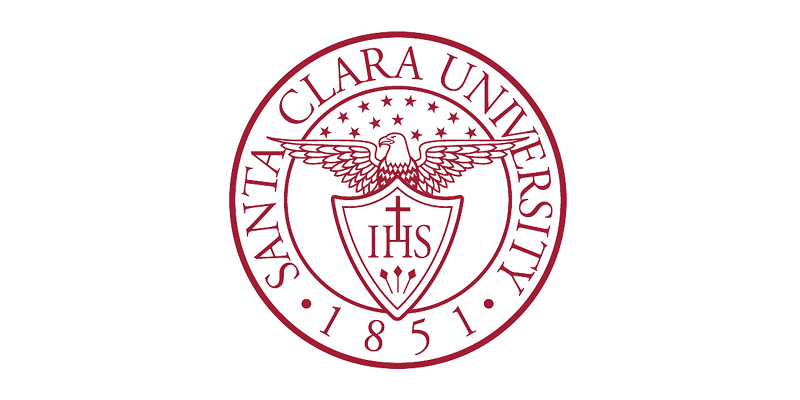
Santa Clara University
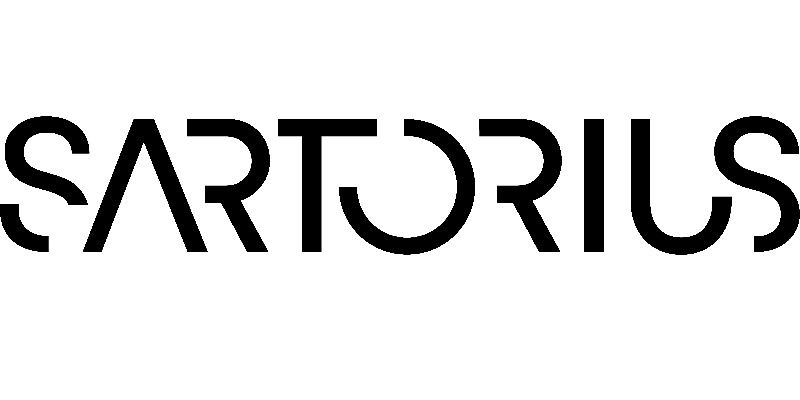
Sartorius Stedim